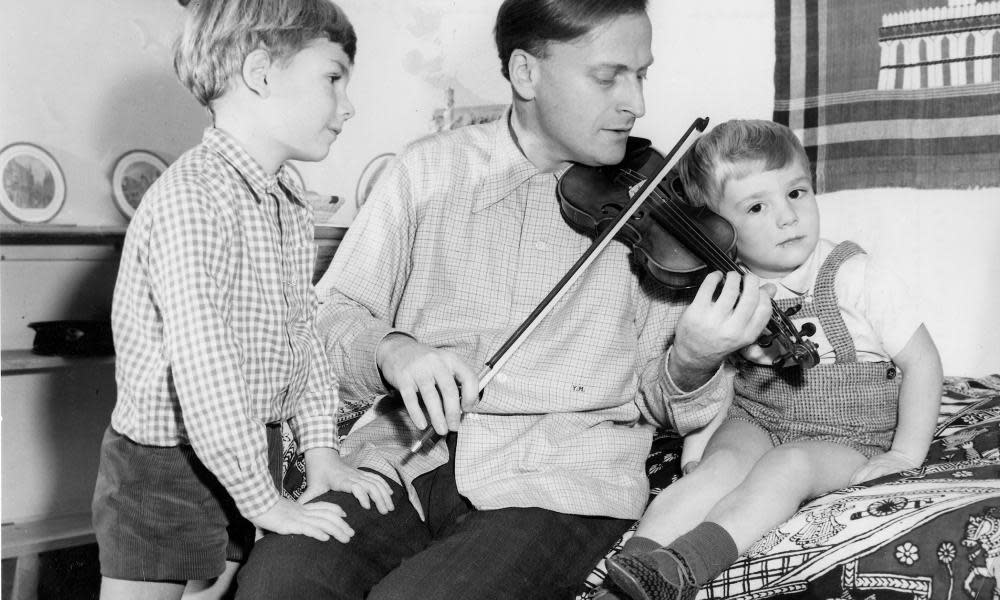Schools music boost urged as Britons fail to make Menuhin violin finals

The failure of budding British violinists to qualify for one of the world’s most prestigious music competitions has led to calls for a music revolution in schools.
The Menuhin Competition, founded by Yehudi Menuhin in 1983, is known as the “Olympics of the violin”, with many contestants going on to international recognition. Participants and prizewinners include the soloist Tasmin Little and Japan’s Daishin Kashimoto, concertmaster of the Berlin Philharmonic.
But while 15 UK musicians entered this year’s competition, none has made the shortlist, which is announced tomorrow on Monday. The 44 contestants have been chosen from 17 countries around the world. The failure has sparked renewed calls for the government to invest more in musical education to let the next generation compete on the world stage.
Gordon Back, artistic director of the Menuhin Competition, said: “The overall quality is absolutely terrific. The junior section is always extraordinarily high. That always surprises me. But this time, also the level of seniors is of an extremely high standard of excellence.”
On the performance of British candidates, Back said: “Unfortunately, none was accepted. Of the 44, I would say 30 picked themselves – superstar quality.”
Back said that part of the problem was that the British love all-round education. “In a way, they don’t like specialising too early in one discipline, whether it’s sport or anything. I do think it’s our responsibility to nurture musical education in the earlier years. You have to in terms of producing international stars. Past governments, and this one, have given so little opportunity to the arts, instead of realising their importance and what they contribute to our society.”
He pointed to scientific studies showing the benefits: “The University of Southern California’s Brain and Creativity Institute found that musical experience in childhood can actually accelerate development. Another study has proved that learning to play an instrument can improve mathematical learning and language, and strengthen memory skills.”
He added: “I grew up in a very poor area of south Wales where music was positively encouraged and you had violins for free to play. That doesn’t exist any more … Back in Wales in the 1950s, there was a thriving national youth orchestra, but also a local county youth orchestra, which was at an extraordinary standard.”In recent years, the cellist Julian Lloyd Webber has also warned of a crisis in music education, noting that “children go through their entire education without playing an instrument or without hearing music by any of the great composers”.
Two of this year’s shortlisted Menuhin musicians are aged just 10, and are among the youngest ever selected. They are from Australia and Hong Kong.
The Menuhin Competition takes place in Geneva, Switzerland, between 12 and 22 April, featuring concerts, masterclasses and the competition rounds. Prizewinners will be offered concert opportunities and courses. A senior winner will, for example, perform a concerto with the Royal Philharmonic Orchestra next year. The top four prizewinners, including the juniors, will also be loaned a Stradivarius violin for two years after the competition.

 Yahoo News
Yahoo News 